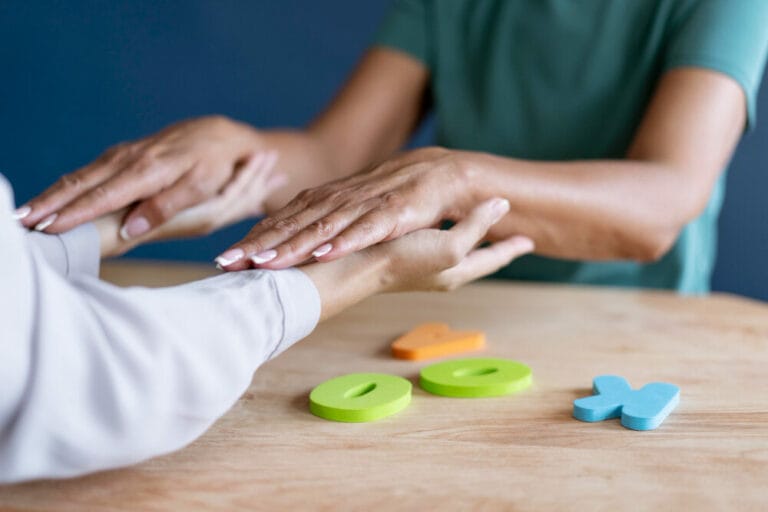10 Tips to Survive Corona Love- Part 1

The corona virus outbreak led to big changes in the way we interact with the people we love and here are a series of tips to survive Corona Love and help your relationships stay healthy during the pandemic.Love is hugely important for getting us through this but self-isolation, social distancing and other concerns may also place love under added pressure.

Some years ago I made a decision to move my business online and provide access to people worldwide who were searching for Relationship & Intimacy help. Little did I know our world was going to turn upside down and we would all be forced to look at our relationships in a whole new way.
Lockdown, due to the Coronavirus, and the true state of our most intimate relationships is becoming clearer to us, as if they have been placed under a microscope. For many, the tender spots are being magnified. Tender spots as in old wounds or sweet realizations of love for our partners.
We seem to find ourselves in a Time of Choice. Maybe even a time for healing, and a restyled intimacy? Or perhaps a fun time to get to know
each other again and deepen the intimacy? Unfortunately it may be a time to see that the space between you is irrevocably damaged and it’s
time to part ways. The choice is ours!
Here are 10 Tips that have helped many people. Take a look and see if any speak to your life and relationship.

1 | Expressing Yourself
“Do you feel you can’t express yourself, and lockdown is just making it worse?”
Stay with me and I’ll show you how to…
❏ tackle the tough stuff
❏ understand the importance of becoming a great listener
❏ improve communication
Have you ever thought about why communication hasn’t been great between you and your partner? What does your partner say? That you don’t listen? Or do you feel you don’t even get a chance to talk or say how you feel? Maybe the volume gets louder. Perhaps there are put-downs,
insults, or tone changes. And over time, you’ve just got quieter and quieter until you seem to
have lost your voice completely. I know this happens for men and women.
Recently, I was answering questions at the end of a speaking engagement when a young man asked me point blank, “So you’re saying that if I sent my wife to you, and she just talked to you her sex drive would increase?” A lively interaction ensued until I noticed a young woman sitting beside him, who looked like she was fading back into the chair. I asked him if she was his wife and he answered affirmatively. All this time, he was talking about their intimate life as if she wasn’t there.
I asked her how that made her feel, hearing him speak about her like this, and sharing the most intimate part of their lives. Her response stunned me. She shrugged and said nothing. She didn’t show anger, upset, embarrassment; and she hadn’t left the room, and she hadn’t joined in the discussion. I wonder how long that had been going on and what had happened to get them to that point. It’s true that communication problems are often complex. Regardless of where we learned them, bad habits become The Norm if they go unchecked.
I know you may be thinking, “Gosh, Maggie! Better communication is easier said than done! You don’t know who I live with!” It’s true. Each of you is unique, and no two relationships are alike. However, there are some tips that tend to help most people in relationships.
1) Try opening the conversation. Ask your partner their thoughts about your communication and listen to their answers. Were you surprised?
2) If this goes well, suggest a certain time, place, and mood for a relationship talk.
a) Think back to a time when you both successfully resolved a problem. Write down elements that were present. For example, was it a certain time of day, such as before/after work, before/during/after mealtimes? Can this be replicated under lockdown?
3) Practice for 15 minutes a day. Discuss the possibility of things improving, and a new approach and perspective to the relationship.
a) Sit together with no distractions. That means phones off, no internet, no tv, and no children close by.
b) Face-to-face, take turns listening. Be fully engaged. Don’t interrupt. Don’t
problem-solve. Don’t criticize or put down in any way.
c) When you have listened, you have gained the right to ask for the same in return.





